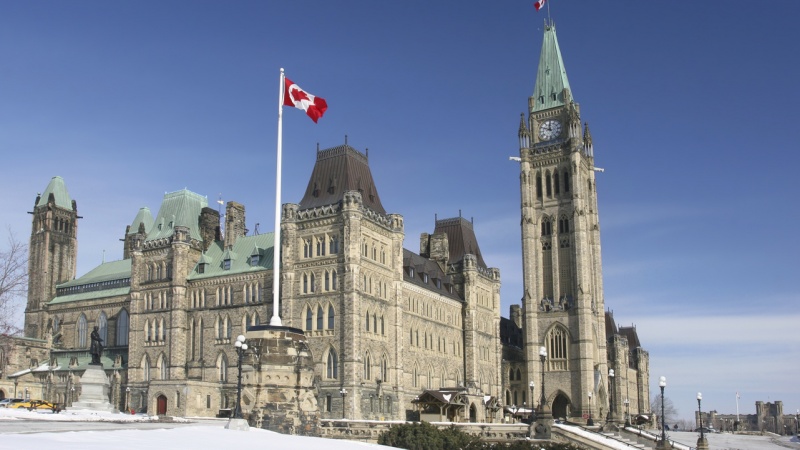IN THE NAME OF TRANSPARENCY
As a part of its election platform mandate, the British Columbia NDP stated that they would make housing more affordable by fighting against foreign investment, speculators and gaps in current regulations and legislation that allow for advantages to be abused. Earlier this year the minister of finance, the Honourable Carole James, announced the areas of focus aimed at reducing tax fraud and closing loopholes.
As a follow-up in June 2018, the Province released the “Land Owner Transparency Act White Paper” (the White Paper), which introduced draft legislation to enforce transparency of land ownership in B.C. Specifically, corporations, trustees and partners will be required to provide additional information on beneficial ownership on the property-transfer tax return. Further actions will involve establishing a publicly accessible registry of beneficial owners of all property in British Columbia, to be shared with law enforcement and tax authorities; and introducing requirements that corporations hold accurate and up-to-date information on their beneficial owners.
The framework for the registry of beneficial owners is outlined in the White Paper, including draft legislation, with the province seeking feedback until September 19, 2018. While the new legislation will create additional compliance obligations for a non-individual who owns BC land, it does not yet give clarity on whether the Province will begin to tax transfers of beneficial ownership. The minister of finance did give indications in the May 28, 2018 parliamentary session that the Province will consider the taxation of such transfers, but no concrete movement has been set to date. The White Paper’s key provisions are summarized below.
- Requirement to file: A person or entity seeking to register a land interest must file a transparency declaration, indicating whether the new registered owner is a person required to file a disclosure report. Generally, a corporation, trustee of a trust, or partner of a partnership must file a disclosure report and pay a filing fee if it seeks to register land ownership; is the pre-existing registered owner of land immediately before the White Paper’s effective date; or becomes aware that its previously filed disclosure report no longer discloses its current interest holders. The consequence for failing to file a transparency declaration or disclosure report is the refusal by the registrar to accept the application to register the land interest.
- Information required: The disclosure report must include identification information about the entity, such as the jurisdiction of incorporation; identification information on the entity’s beneficial owner, major shareholders, partners, or settlor, as applicable (including the individual’s date of birth, whether he or she is a citizen or permanent resident of Canada, the country of citizenship if he or she is not a citizen or a permanent resident of Canada, the location of his or her principal residence, and his or her social insurance number or tax number).
- Access to information: The government, taxing authorities, law enforcement agencies, and financial sector regulators are granted the broadest access to search and inspect the transparency declarations and disclosure reports filed with the registrar.
The Province will use this information to better understand who ultimately owns the beneficial interest in the real property. The Province intends to release a new property transfer tax return on September 17, 2018, at which time it will commence collection of the above information









